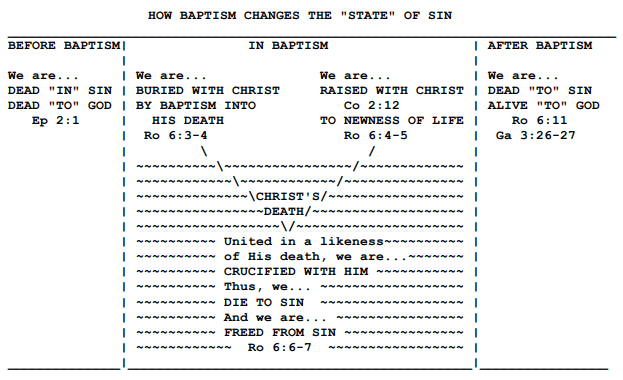Just patterned lines and colors forming a pattern. But to me, they are far more than that. The colors attracted me and the pattern stimulates my imagination. Beyond this, I see another pattern, perhaps a bit more subtle, but there nonetheless. Satan uses something that interests you, ( which is probably against God’s will ) then keeps stimulating that interest until it becomes habitual and then eventually overpowering you. Then Satan has got you where he wants you; in a free-fall that leads you to a dark pit of destruction from which there is seemingly no escape.
The Bible says...
Temptation
James 1 ( World English Bible )
12 Blessed is the man who endures temptation, for when he has been approved, he will receive the crown of life, which the Lord promised to those who love him.
13 Let no man say when he is tempted, “I am tempted by God,” for God can’t be tempted by evil, and he himself tempts no one.
14 But each one is tempted, when he is drawn away by his own lust, and enticed.
15 Then the lust, when it has conceived, bears sin; and the sin, when it is full grown, brings forth death.
Overcoming Temptation
Matthew 4 ( WEB )
1 Then Jesus was led up by the Spirit into the wilderness to be tempted by the devil.
2 When he had fasted forty days and forty nights, he was hungry afterward.
3 The tempter came and said to him, “If you are the Son of God, command that these stones become bread.”
4 But he answered, “It is written, ‘Man shall not live by bread alone, but by every word that proceeds out of the mouth of God.’”
5 Then the devil took him into the holy city. He set him on the pinnacle of the temple,
6 and said to him, “If you are the Son of God, throw yourself down, for it is written, ‘He will put his angels in charge of you.’ and, ‘On their hands they will bear you up, so that you don’t dash your foot against a stone.’”
7 Jesus said to him, “Again, it is written, ‘You shall not test the Lord, your God.’”
8 Again, the devil took him to an exceedingly high mountain, and showed him all the kingdoms of the world, and their glory.
9 He said to him, “I will give you all of these things, if you will fall down and worship me.”
10 Then Jesus said to him, “Get behind me, Satan! For it is written, ‘You shall worship the Lord your God, and you shall serve him only.’”
Today, many people even deny that there is a devil. They are wrong. He is real and is still using the same generic types of temptation he has always used. But, if we recognize what Satan is doing, we can defeat him like Jesus did- that is, by the Word of God absorbed into our very thinking and our everyday living. Jesus did this and defeated Satan and so can we.







